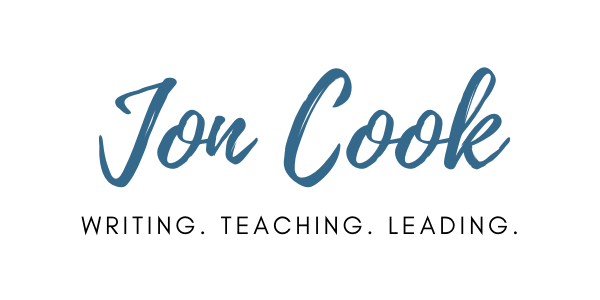 Yesterday I reviewed Stephen R. Covey’s classic work The 7 Habits of Highly Effective People. One question I’ve been asked is how do I personally put Covey’s 7 Habits into practice. Each of us has a unique approach to implementing any formula, strategy, or method, but I thought I’d share my own.
Yesterday I reviewed Stephen R. Covey’s classic work The 7 Habits of Highly Effective People. One question I’ve been asked is how do I personally put Covey’s 7 Habits into practice. Each of us has a unique approach to implementing any formula, strategy, or method, but I thought I’d share my own.
The approach I’m using with Covey’s 7 Habits needs a few qualifiers. First, how I do things doesn’t mean you should do them the same way. Find what works for you. Second, the 7 Habits take time to develop. Much of what I’m about to share took a significant amount of time to adopt, just like any other healthy life pattern.
Habit 1: Be Proactive
The struggle is never being proactive in what we want to do. It’s always about being proactive in what’s either uncomfortable or unknown. A major shift for me in becoming more proactive is doing little things sooner, like making a phone call when I don’t want to, asking tough questions sooner, and admitting when I need help.
Habit 2: Begin with the End in Mind
I first started writing my life plan a little over two years ago. It became a framework for me to do some self-examination, ask for informed, trusted feedback, and pray for clarity and direction. We can’t always plan for what life throws our way, but we were made to follow the dreams God gives to us. Creating a dynamic life plan is a fantastic way to begin with the end in mind. Spoiler alert: write it in pencil.
I can’t expect to hit the goals of my life plan if I’m unfocused in my approach. This means the word “no” is one of my favorite words. I’ll share more tomorrow, but if I say no to less important, less relevant opportunities now, it frees me up to say yes to the right opportunities when they come.
Habit 3: Put First Things First
This is one of the easiest habits to understand. Think of the next right thing, and then do it. As simple as it sounds, it can be extremely difficult. I’m making it a habit to not procrastinate on anything. If it’s the right thing to do, there usually is no time like the present. Sometimes timing is a factor, but truth doesn’t change itself over time.
Habit 4: Think Win/Win
It’s natural to ask what’s in it for me. The tougher questions is, “What’s in it for us?” When I get into two-sided situations now, I have to think about how both of us can benefit.
Habit 5: Seek First to Understand, Then to Be Understood
I like having solutions, especially if it’s a quick-fix. The frustrating reality is that I don’t always have the right answers. This is the most humbling, frustrating, and yet, still rewarding habit for me. If I take the time to fully understand a situation, it gives me the most time to limit misunderstandings, gain clarity, and ask better questions.
Habit 6: Synergize
This habit is the easiest to exercise through my work with entrepreneurs. Many entrepreneurs already have a “lone wolf” mentality because of the nature of launching a new venture. The challenge is showing the value in collaborating with others. Personally, I love doing things my way in my time, my, my, my… you get the picture. I now make it a point to collaborate with others because we can do more together than we can apart.
Habit 7: Sharpen the Saw
When I first read this habit, I almost checked out mentally. I can set and meet goals; I do it all the time. This is deeper than just meeting a goal. This is adopting a mentality of constant self-renewal and a lifetime of learning. What are the steps I can take now to grow for tomorrow? This changed my approach by realigning my goals into a more holistic approach to life.
Have you read Steven Covey’s The 7 Habits of Highly Effective People? What’s been your experience with trying to adopt the 7 habits?
